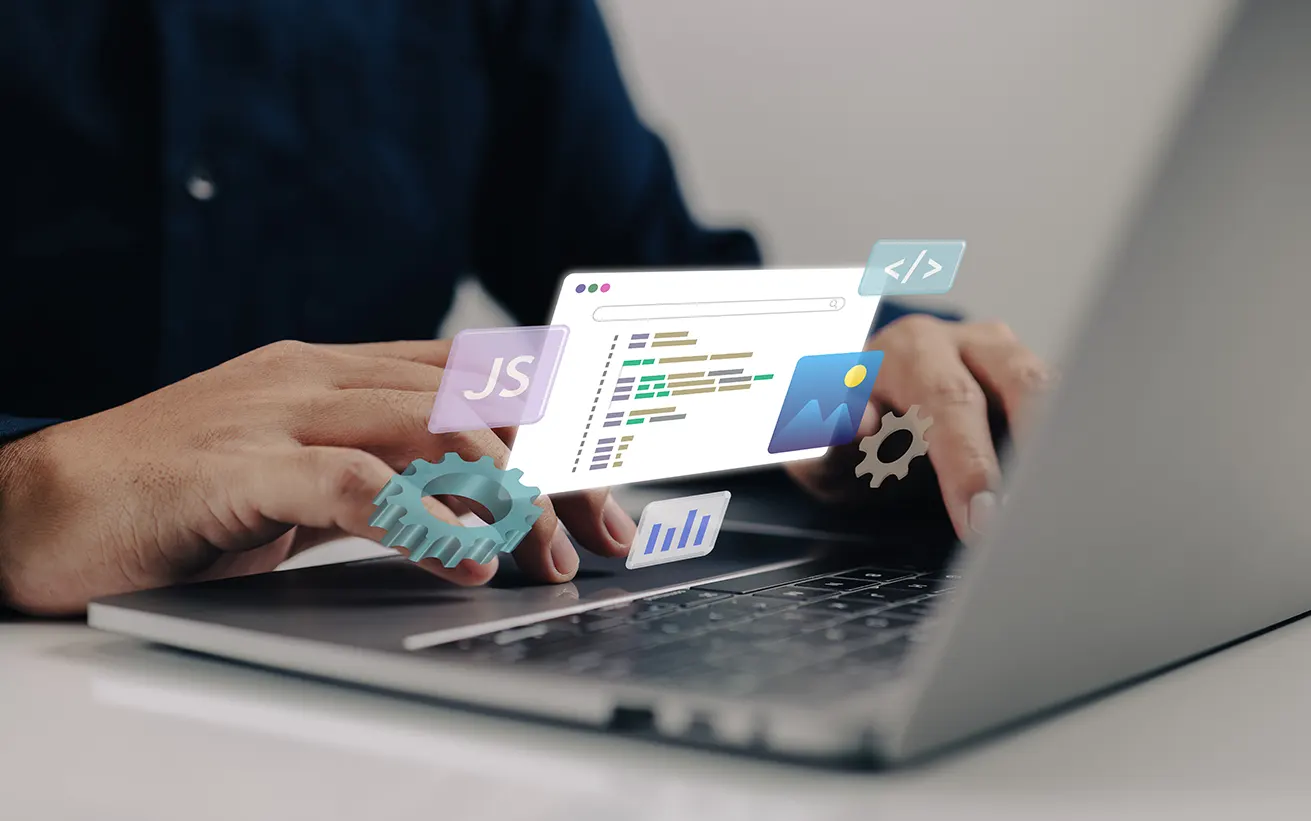What is WordPress?
WordPress is one of the most popular and user-friendly content management systems (CMS) in the world. It allows anyone—from beginners to experienced web developers—to create and manage websites with ease. This WordPress installation guide walks you through the complete process of setting up and installing WordPress on your web hosting server, ensuring your website is up and running smoothly.
Prerequisites
Before you begin, ensure you have:
- A domain name (e.g., yourwebsite.com)
- A web hosting account with PHP and MySQL support
- An FTP client (e.g., FileZilla)
- A text editor (e.g., Notepad++)
- A stable internet connection
Step 1: Choose a Web Hosting Provider
Select a reliable web hosting provider that supports WordPress. Popular options include Bluehost, SiteGround, WP engine and Hostinger. Sign up for a hosting plan and ensure your domain name is ready for use.
Step 2: Access Your Hosting Control Panel
Log in to your hosting account and navigate to the control panel (cPanel). Your hosting provider will supply the login details. The control panel allows you to manage databases, files, and other server settings.
Step 3: Create a Database
- In cPanel, click on MySQL Databases.
- Create a new database by entering a name and clicking “Create Database.”
- Create a MySQL user and assign a strong password.
- Grant privileges to the user for your database.
Tip: Note down the database name, username, and password—they will be needed later.
Step 4: Download WordPress
Visit the official WordPress website and download the latest version of WordPress to your computer.
Step 5: Upload WordPress Files
- Open your FTP client and connect to your web server.
- Navigate to your webroot directory (usually
public_htmlorwww). - Upload all the WordPress files from your computer to the server.
Step 6: Configure wp-config.php
1. In your webroot directory, locate wp-config-sample.php.
2. Rename it to wp-config.php.
3. Open the file in your text editor and enter your database information:
- Database name
- Username
- Password
- Database host (usually
localhost)
4. Save the file and upload it back to your server if needed.
Step 7: Run the Installation
1. Open a web browser and go to your domain name (e.g., yourwebsite.com).
2. The WordPress setup wizard will appear.
3. Select your preferred language and click “Let’s Go.”
4. Enter the database information again if prompted.
5. Click “Run the Installation.”
6. Set up your site details:
- Site title
- Username
- Password
- Email address
7. Click “Install WordPress.”
Step 8: Log into WordPress
Once installation is complete, click “Login” and enter your username and password. You will now have access to the WordPress dashboard, where you can customize your site, install themes and plugins, and start creating content.
Step 9: Secure Your WordPress Site
1. Change the default login URL using a plugin like WPS Hide Login.
2. Install a security plugin such as Wordfence or Sucuri.
3. Enable HTTPS with an SSL certificate to protect your site.
4. Keep WordPress, themes, and plugins updated to prevent vulnerabilities.
Step 10: Start Building Your Website
1. Choose a theme or create a custom design to match your brand.
2. Install essential plugins for SEO, performance, security, and contact forms.
3. Create and publish content, including pages, blog posts, and media.
4. Explore WordPress features like widgets, menus, and custom post types to enhance your site.
Installing WordPress: Congratulations on Setting Up Your Website
Congratulations!
You have successfully finished installing WordPress and setting up your website. Your site is now ready to grow—whether it’s a personal blog, business website, or online store. With WordPress, you have endless customization options at your fingertips, so take time to explore themes, plugins, and tools to make your website uniquely yours.




